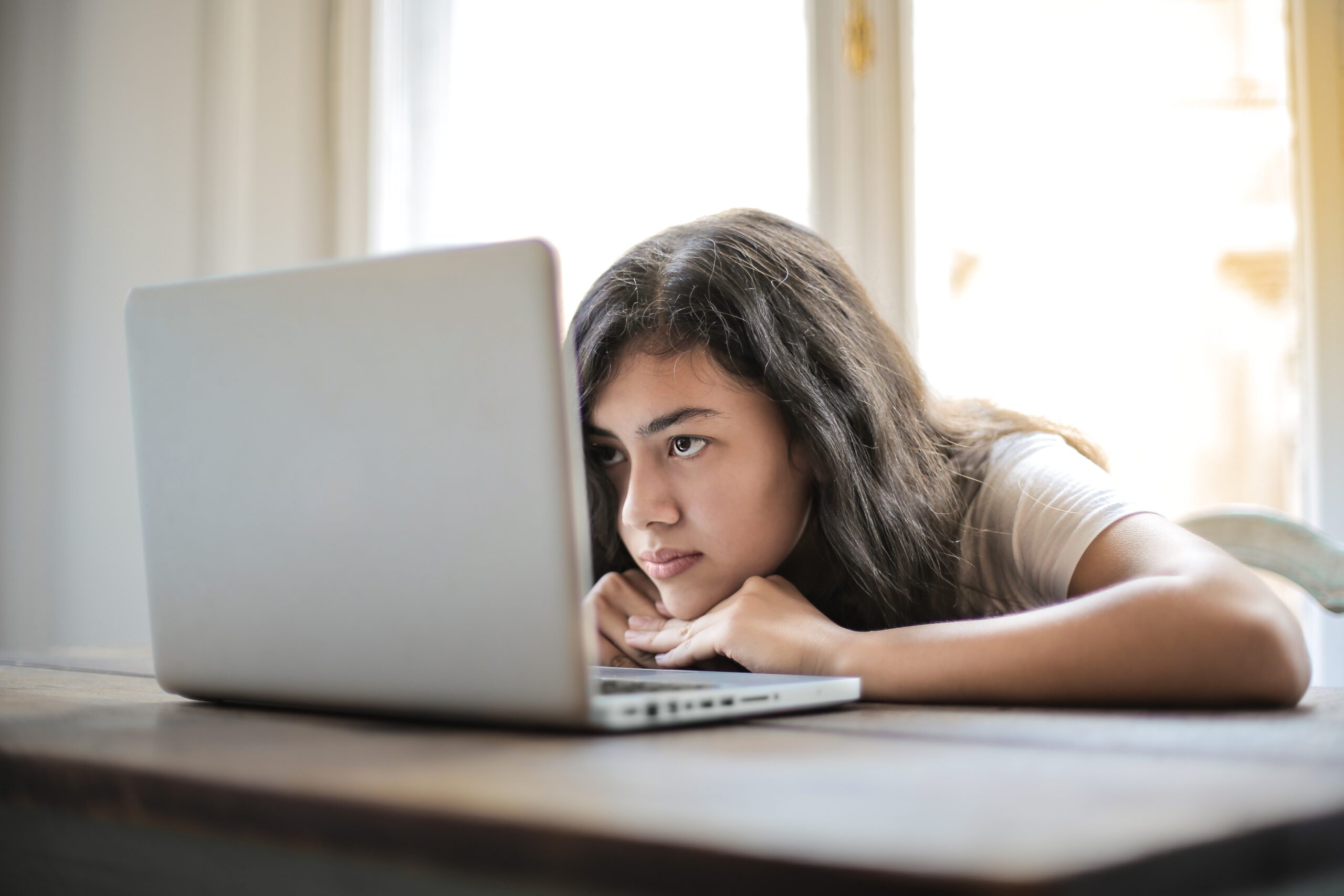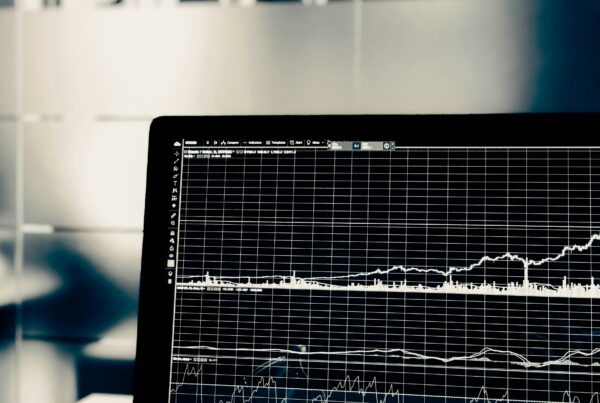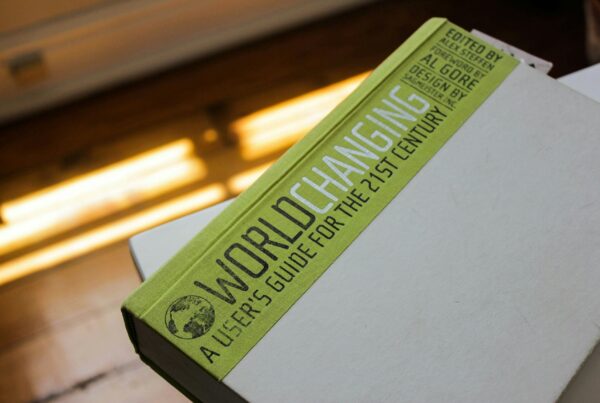

It’s Saturday night. After a long day of doing the bare minimum (watching YouTube videos of people building Sims houses, binging another Netflix show and eating everything I find in the kitchen) I decide to unwind by watching a movie with my parents, with whom I have been quarantined for the past two months. Around 10 PM, I call it a night. Normally, I would have hated this. Staying in on a Saturday night? Hell No. I would’ve scrolled through my Instagram timeline, seeing everybody out having a good time and would’ve experienced some serious FOMO: the fear of missing out. Now, during quarantine, this is not the case. Now when I open Instagram I don’t have to feel as bad: everyone is in the same boat, sitting at home, waiting for all this to be over. Except, this couldn’t be further from the truth.
Instagram may not be filled with people that are out partying, going out and having fun on their Saturday nights anymore, but now everywhere I look there are people making the best use of their time in quarantine, becoming the best version of themselves. A picture of someone meditating, videos of home workouts, ‘inspirational’ quotes about how Shakespeare wrote his best work in quarantine, people baking banana bread or that weird fluffy-looking coffee. Seeing all this positive self-help, be-the-best-version-of-you content actually makes my FOMO turn into something much worse – a fear of not doing enough.
In the first episode of his podcast Thuis met Thijs (Launspach, 2020), psychologist Thijs Launspach talks to Saskia Geraerts about the feeling of guilt many seem to be struggling with during quarantine. Geraearts is a psychologist specialized in self-esteem and positive psychology. She explains that the fear of missing out on social, fun stuff, now shifted to fear of missing out on the things you told yourself to do. Because we’ve got so much extra time on our hands, we tell ourselves we should make the best of that time by finally doing the things we’ve been wanting to do but kept putting off. Then, if we don’t get those things done and see others thriving, we feel like we have failed ourselves resulting in feelings of guilt. Launspach calls this the ‘fear of not doing enough’. Unfortunately, FONDE is not as catchy.
In an article for Huffpost (Torres, 2020), Monica Torres talks to experts about what to do with these feelings of guilt. Cynthia Pong, founder of Embrace Change, explains that in Western society there is a tendency to base our feelings of self-worth on achievement and accomplishment. In this time where many aren’t as productive as they’d like to be, this creates a void and voids are hard to deal with. Her advice on how to cope with this is to be more compassionate towards yourself. Doing your best is different for everyone and could even differ from one situation to the next. It makes sense that this situation affects you and your productivity, it means you’re being empathetic and responding to what is happening in the world. Recognizing that doing your best, especially during these times, is not the same for everybody might help you feel less guilty when you see someone on Social Media doing another workout or writing their first novel.
With the schoolyear coming to an end and deadline approaching, I cannot afford to do absolutely nothing. However, I will not be learning any new languages, publishing my first novel or getting ripped by the end of this quarantine and that’s OK. Doing whatever I can to get through this time is enough for now. And whenever I feel that fear of not doing enough creeping up on me again? I will remind myself that I am doing the best I can and delete my Instagram app for a while: no fluffy coffees, DIYs or How to Stay Productive videos for me.
Photo by Andrea Piacquadio
References
– Launspach, T. (2020, April 18). Hoe blijf je mentaal gezond in crisistijd? [Audio podcast]. In Thuis met Thijs. Retrieved from: https://open.spotify.com/episode/7iCyFAznNxs45yR5D87HOc?si=p8r8EdmzR6qn2XFeddQYIw.
– Torres, M. (2020, March 19). Please Don’t Be Guilted Into Being More Productive During The Coronavirus. Huffpost. Retrieved from: https://www.huffpost.com.

It’s Saturday night. After a long day of doing the bare minimum (watching YouTube videos of people building Sims houses, binging another Netflix show and eating everything I find in the kitchen) I decide to unwind by watching a movie with my parents, with whom I have been quarantined for the past two months. Around 10 PM, I call it a night. Normally, I would have hated this. Staying in on a Saturday night? Hell No. I would’ve scrolled through my Instagram timeline, seeing everybody out having a good time and would’ve experienced some serious FOMO: the fear of missing out. Now, during quarantine, this is not the case. Now when I open Instagram I don’t have to feel as bad: everyone is in the same boat, sitting at home, waiting for all this to be over. Except, this couldn’t be further from the truth.
Instagram may not be filled with people that are out partying, going out and having fun on their Saturday nights anymore, but now everywhere I look there are people making the best use of their time in quarantine, becoming the best version of themselves. A picture of someone meditating, videos of home workouts, ‘inspirational’ quotes about how Shakespeare wrote his best work in quarantine, people baking banana bread or that weird fluffy-looking coffee. Seeing all this positive self-help, be-the-best-version-of-you content actually makes my FOMO turn into something much worse – a fear of not doing enough.
In the first episode of his podcast Thuis met Thijs (Launspach, 2020), psychologist Thijs Launspach talks to Saskia Geraerts about the feeling of guilt many seem to be struggling with during quarantine. Geraearts is a psychologist specialized in self-esteem and positive psychology. She explains that the fear of missing out on social, fun stuff, now shifted to fear of missing out on the things you told yourself to do. Because we’ve got so much extra time on our hands, we tell ourselves we should make the best of that time by finally doing the things we’ve been wanting to do but kept putting off. Then, if we don’t get those things done and see others thriving, we feel like we have failed ourselves resulting in feelings of guilt. Launspach calls this the ‘fear of not doing enough’. Unfortunately, FONDE is not as catchy.
In an article for Huffpost (Torres, 2020), Monica Torres talks to experts about what to do with these feelings of guilt. Cynthia Pong, founder of Embrace Change, explains that in Western society there is a tendency to base our feelings of self-worth on achievement and accomplishment. In this time where many aren’t as productive as they’d like to be, this creates a void and voids are hard to deal with. Her advice on how to cope with this is to be more compassionate towards yourself. Doing your best is different for everyone and could even differ from one situation to the next. It makes sense that this situation affects you and your productivity, it means you’re being empathetic and responding to what is happening in the world. Recognizing that doing your best, especially during these times, is not the same for everybody might help you feel less guilty when you see someone on Social Media doing another workout or writing their first novel.
With the schoolyear coming to an end and deadline approaching, I cannot afford to do absolutely nothing. However, I will not be learning any new languages, publishing my first novel or getting ripped by the end of this quarantine and that’s OK. Doing whatever I can to get through this time is enough for now. And whenever I feel that fear of not doing enough creeping up on me again? I will remind myself that I am doing the best I can and delete my Instagram app for a while: no fluffy coffees, DIYs or How to Stay Productive videos for me.
Photo by Andrea Piacquadio



